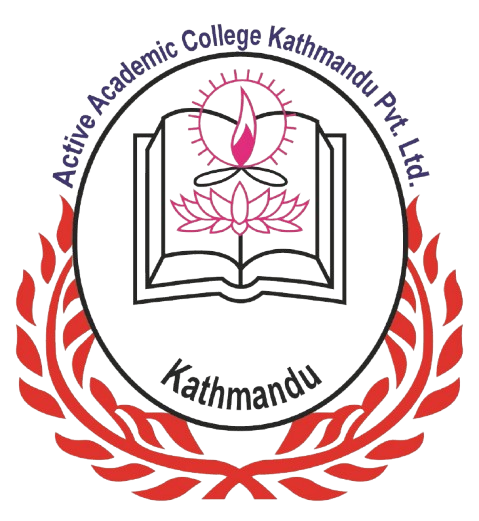
Psycho-social counseling is a supportive, goal-oriented process that focuses on the interconnection between an individual's psychological well-being and their social environment. It helps individuals cope with emotional, mental, behavioral, and social challenges by promoting self-awareness, resilience, and personal growth. The term "psycho-social" reflects the holistic approach of addressing both the internal psychological state and external social influences—such as relationships, family dynamics, community, and culture—that affect a person's mental health.
This type of counseling is especially relevant in contexts where individuals face trauma, stress, social marginalization, or crisis situations. Through empathetic listening, dialogue, and therapeutic techniques, psycho-social counselors empower individuals to manage stress, build positive coping strategies, and improve their overall quality of life. It plays a vital role in educational settings, conflict zones, post-disaster recovery, and healthcare environments, making it a key component of community and mental health support systems.
No old question papers available.
No upcoming events.